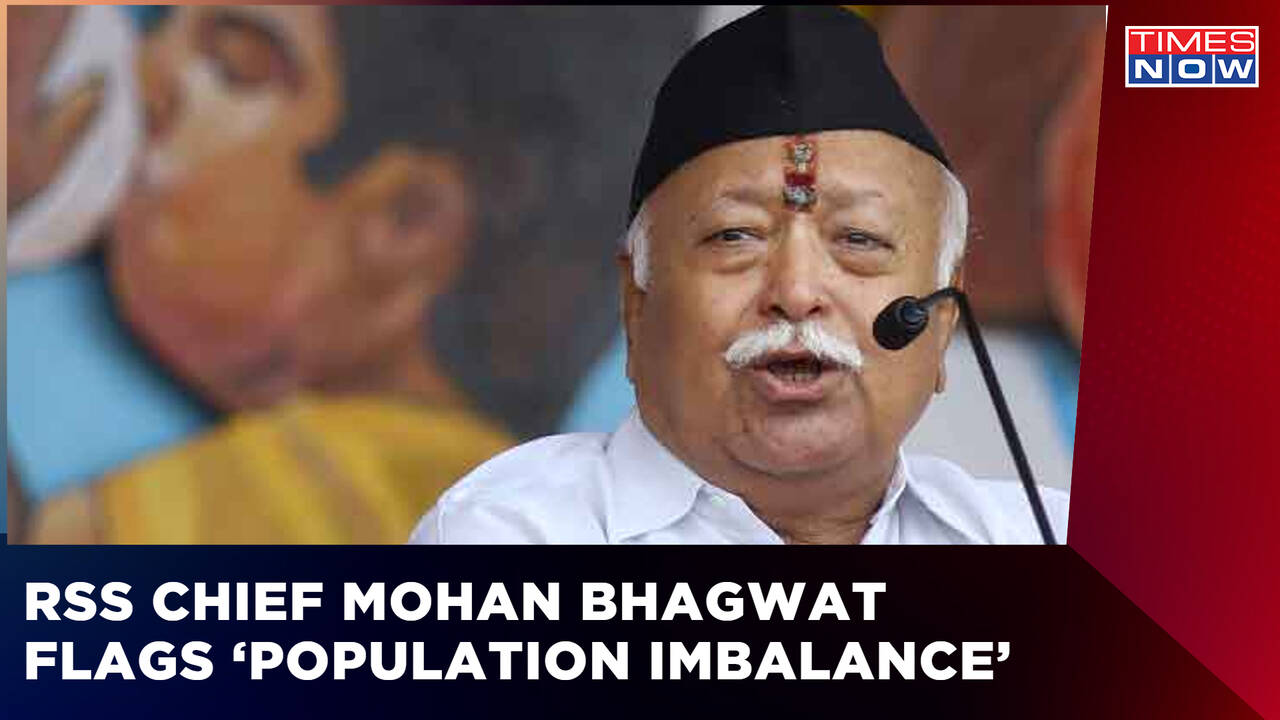The latest backlash from Muslim leaders, including AIMIM chief Asaduddin Owaisi and the All India Muslim Personal Board (AIMPB), against RSS chief Mohan Bhagwat’s suggestion that Hindus should consider having two to three children is both unwarranted and misplaced. Bhagwat’s appeal centers on concerns about the declining Hindu population, a topic that deserves serious consideration rather than political outrage. India’s partition in 1947 was a division on religious lines. Pakistan became an Islamic state, while India chose a secular path, despite being a predominantly Hindu nation. This decision by leaders like Jawaharlal Nehru was controversial, setting the stage for ongoing debates about secularism and minority rights. Over the decades, the Hindu population has declined by about 8-9%, while the Muslim population has more than doubled. Highlighting these demographic shifts isn’t about fear-mongering; it’s about addressing concerns over cultural and identity preservation.

Bhagwat’s concerns are not isolated. Several countries, including Japan and parts of Europe, are grappling with shrinking native populations and rising immigration-driven demographic changes. In the UK, lawmakers have openly discussed the challenges posed by changing demographics, with fears of losing cultural identity. Germany and Australia have tightened immigration laws to manage similar concerns. France has faced public displays of Islamic identity, like mass prayers on streets, fuelling debates about assimilation and cultural dominance. Even in the U.S., demographic shifts have influenced political discourse. Former President Donald Trump’s hardline stance on immigration and radical Islam resonated with voters, leading to his electoral success. The demographic question is not unique to India; it’s a global issue with significant social and political implications.
The criticism of Bhagwat’s remarks seems more politically motivated than rooted in genuine concern. The suggestion that Hindus should increase their population is not a call to marginalize minorities but a response to demographic realities. If minority leaders are secure in their constitutional rights, why the fear over a demographic course correction for Hindus? The outrage appears driven by an intent to politicize a sensitive issue rather than engage in constructive dialogue. To address these concerns, the Modi government may need to push through key legislation like the Uniform Civil Code (UCC) and amendments to the Wakf Act. These laws aim to ensure equal treatment under the law and curb misuse of religious privileges. With a clear majority in both houses of Parliament, the government has the political capital to act decisively. Why not in the ongoing winter session of parliament by extending it by few more days. The time for action is now. India’s demographic balance, social cohesion, and future stability depend on honest conversations and bold policy measures. Misguided outrage only distracts from the real challenges at hand.






